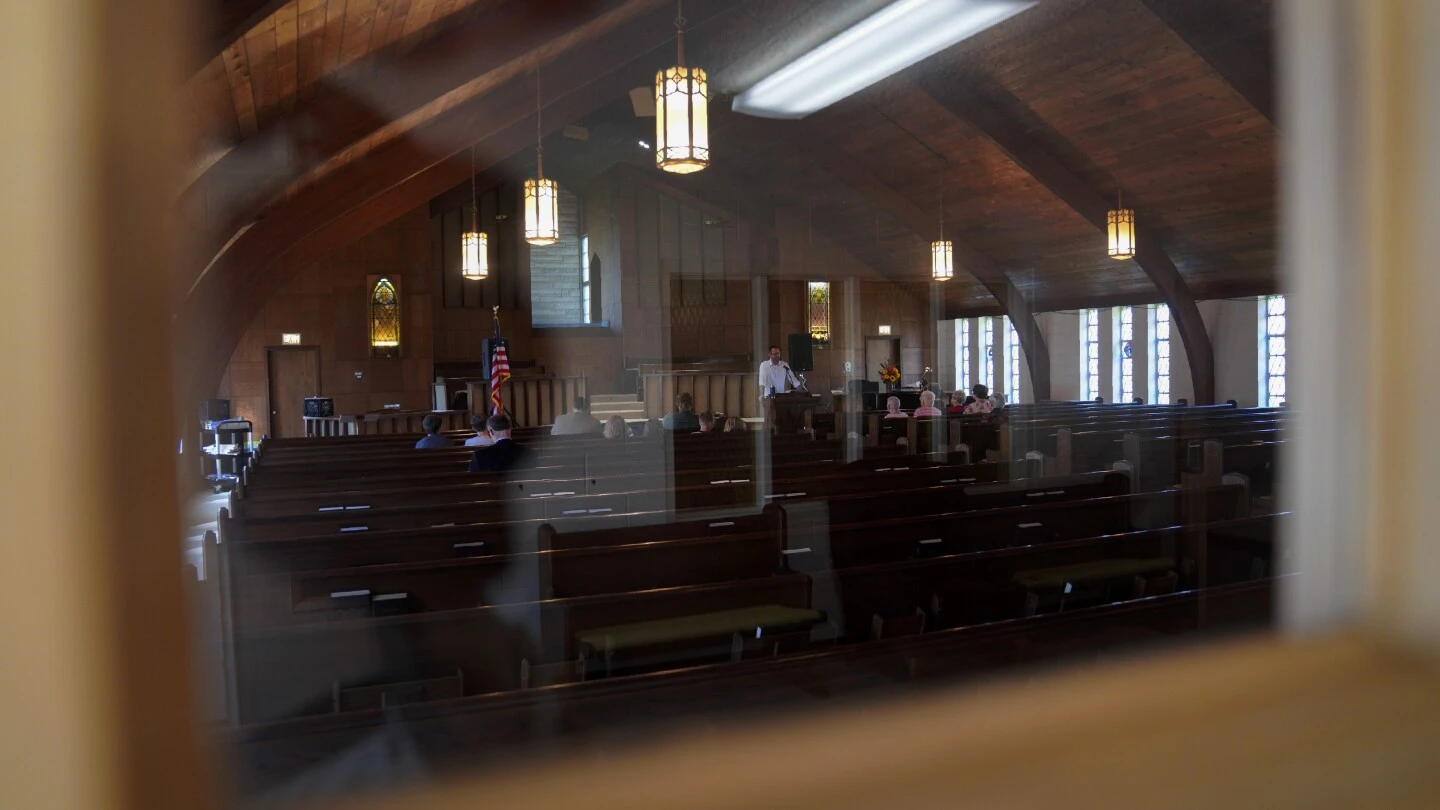America's nonreligious are a growing, diverse phenomenon. They really don't like organized religion
America's nonreligious are a growing, diverse phenomenon. They really don't like organized religion

America's nonreligious are a growing, diverse phenomenon. They really don't like organized religion

Mike Dulak grew up Catholic in Southern California, but by his teen years, he began skipping Mass and driving straight to the shore to play guitar, watch the waves and enjoy the beauty of the morning. “And it felt more spiritual than any time I set foot in a church,” he recalled.
Nothing has changed that view in the ensuing decades.
“Most religions are there to control people and get money from them,” said Dulak, now 76, of Rocheport, Missouri. He also cited sex abuse scandals in Catholic and Southern Baptist churches. “I can’t buy into that,” he said.
